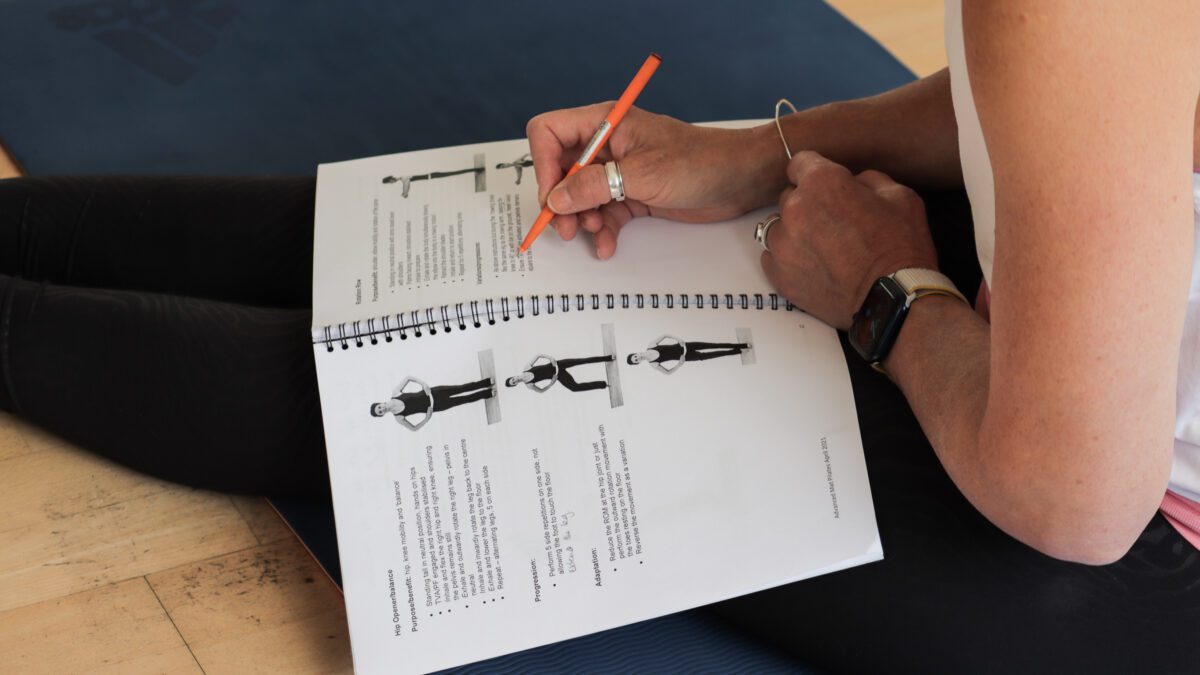



Students must master how to effectively manage their time, especially in today’s fast world.
However, this isn’t always the case, as most students procrastinate and use most of their time doing other tasks and distracting activities.
This eventually leads to them scrambling when their school work deadline is due.
The good news is that time management can be learned just like any other skill.
To successfully manage your time as a student, you need to balance your school work, school life, personal life, and free time. Besides, time management and organization go hand in hand, as you have to organize your day to manage your time effectively.
This article will provide you with effective time management strategies that will enable you to get the most out of your learning. But before we do that, let’s discuss time management and its importance to students, shall we?
Time management involves planning and managing the amount of time you spend on different activities to utilize most of your day effectively. As a student, it is a critical skill because time is a finite resource you need to manage effectively. Besides, this skill enables you to make the most of your day even when there’s a time constraint.
There are 4Ds of time management; Do, Defer, Delegate, and Delete.
Putting your tasks into any of these categories will enable you to manage your time and improve your learning effectively.
As a student, whether on an online course or face to face course, you must learn how to effectively manage your time to enable you to be more productive and find balance.
As stated earlier, time is finite, and it is easy to get tied up in numerous activities and achieve little to nothing at the end of the day. Whether in high school or university, effective time management skills will enable you to be more organized and stay on track with all your tasks.
Outlined below are a few other reasons why students can benefit from time management:
Now that we’ve discussed time management and its importance to students, let’s look at some strategies to help you manage your time effectively.
As a student, you will have numerous academic responsibilities, and a schedule is the only way to stay on track with all of them. A schedule will give you an overview of all your tasks, from class times to work shifts, school deadlines, social activities, study time, and others, enabling you to balance your studies, job, and personal life.
Not to be mistaken for to-do lists or checklists, schedules enable you to prioritize projects and provide structure to keep you on track with all your responsibilities.
You can use a physical or digital calendar to create your schedule, but you must remember to update it as due dates, shifts, and projects change. A schedule also allows you to plan ahead and avoid missing deadlines. Additionally, you can manually write down your schedule in a planner and update it as you go.
After creating a schedule, you need a daily or weekly checklist to manage your time better as a student. These lists will help you plan ahead and stay organized. You can create your checklist manually using a pen and paper or digitally using different time management applications available.
If you use an e-ink or e-paper device such as reMarkable, you can utilize the hyperlinked reMarkable templates to streamline your schedule, tasks, study sessions, assignments, and deadlines.
Besides, to-do lists give you a plan, enabling you to know the tasks you need to complete for the day.
Here’s how using a to-do list goes: At the start of every day, write down all the work you need to do, like assignments, projects, and study time. Then, set timelines for each task after ordering them using deadlines, how much time you need to finish it, and other factors. When you are done with each task, cross it off the list – the sense of accomplishment will motivate you to complete your other tasks.
If you are using a manual to-do list, you should post it in a place with easy access to remind you of the tasks you need to complete for the day. Additionally, you can add basic tasks to your to-do lists, like eating, working out, sleeping, etc.
Prioritization is an important time management skill, allowing you to focus on important tasks. However, it can be tricky to determine which tasks are more important than others. You can approach this dilemma by categorizing your tasks into urgent, high-value, and low-value. For example, studying for an exam is urgent, finishing an assignment is high value, and hanging out with your friends is low value.
The A-B-C method is another way you can use to prioritize your tasks. With this method, you have to write down all your impending tasks and assign them an A, B, or C classification.
Utilizing a desktop time tracker can significantly enhance your ability to manage tasks and keep track of your productivity throughout the day.
Class A is for tasks that must be completed today, Class B is for tasks that would be nice to finish today, and Class C is for tasks that can be pushed to the next day if needed.
Prep courses can even teach you how to prioritize your tasks. This is especially important if you’re trying to get into a Master’s program, as prep courses can help you score higher on the GRE.
It is very easy to procrastinate when a task feels very big, and a good way to circumvent this is by breaking down seemingly large tasks into smaller ones. Then, you can tackle the various small tasks as you go, keeping you motivated. Also, before starting large tasks, it is always best to start with simpler ones before you move on to the harder ones.
Short- and long-term goals benefit students as they enable them to use their time effectively. Before setting goals, you need to identify what you spend the most time on; this way, you can keep yourself on track. If you spend too much time on social media, set a goal to reduce the time you spend and dedicate it to your studies.
Your goals also need to be realistic, as this is the only way you will be able to achieve them. For example, if you have a research paper to write, set a daily goal of doing different research tasks like qualitative research, writing the research outline, and others. This way, you will be able to complete the tasks in no time. Plus, you need to put realistic deadlines on all your goals, enabling you to achieve them successfully.
There are plenty of distractions a student can encounter, from their mobile phones to friends, TV, and social media, and you need to reduce these distractions to improve your learning. When it’s time to study, you need to switch off your phone or put it on “Do Not Disturb,” allowing you to get the most out of your study time. After you have completed your tasks, you can reward yourself by engaging in these activities.
Contrary to what most people think, multitasking is not an efficient time management skill. You need to focus on one task at a time for effective learning and productivity. No matter how tempting it might be, avoid multitasking as it is counterproductive — you will take a longer time to complete your tasks.
If you want to deliver high-quality work, you need to focus on a singular task, and when you complete it, you can move on to the next one. Procrastination is a major reason why many students eventually end up trying to multitask. You must ensure that you remove all distractions, eliminating the need to procrastinate and multitask.
You need to take regular breaks from your daily tasks, as it is important to manage your time effectively. The longer you spend doing one task, the more your effectiveness and productivity decrease – which is why you need to take some time to relax. Besides, if you are tired, you will not be able to complete your checklists.
Your breaks can be short or long, depending on your body’s needs. But, you need to plan your breaks to avoid you taking more time on your breaks and less time doing your tasks. Short breaks are good for improving your effectiveness. Additionally, you should use the breaks that occur in your schedule to complete other tasks. For example, you can use the time between your lectures to do laundry or do dishes.
Developing better routines that embody the actions that you want to do more of is an effective time management strategy. An established routine will enable you to complete all the work that you need to do. For example, you can get in the habit of waking up early and tackling your tasks head-on. Besides, the more you do this routine, the less time you’ll take to think about how your tasks will be completed.
If you are a beginner at developing routines, you can start by creating a daily routine and then evaluating the success. This way, it would be easier for you to follow a routine that has a better possibility for success. However, you should try to keep your routine flexible, as you have a lesser chance of keeping up with a very strict routine.
You need to get adequate sleep to help recharge your mind and provide you with the energy you need to stay on track daily. If you don’t get enough sleep, you will be tired the next day, reducing the probability of you being productive at all your tasks. Sleep allows you to remain in peak mental and physical condition.
You need to add sleep into your schedule to enable you to get the right amount of sleep and prevent you from oversleeping. Besides, the standard hours of sleep are between 8 to 10 hours.
Every one of us has different prime times – the times we are most alert and can get the most work done. For effective time management, it is best to take advantage of your prime time and do your most important work when you feel the most alert. This means listening to your body and knowing the times you have high energy, enabling you to schedule intense and complex tasks for them.
You can also establish a study routine around your prime period. This way, you will be able to complete your daily tasks with ease.
You will have to delegate some tasks to others to manage your time successfully. Even though your roommates or family members cannot help you study, they can help you with other tasks that will give you more time.
For example, if you are living with roommates or family, you can create a schedule for different house chores where everyone takes turns. Or you can seek your roommates’ help with basic tasks like laundry or grocery shopping. This way, you can have more time to focus on your coursework or social life.
If you don’t have time to write papers, ask a team of professionals for help, and they will do this time-consuming work for you faster than lightning, and the result will not be long in coming.
You must regularly review how you manage your time. Doing this will enable you to see if your schedule and checklists are working or if you need to change something. You can also track how you spend your time using different digital tools to figure out what is taking the bulk of your time.
A good way to review your time is by counting the number of tasks you complete daily and weekly. This way, you can figure out what you can do better and differently. Additionally, you need to prepare for any adjustments to your schedule.